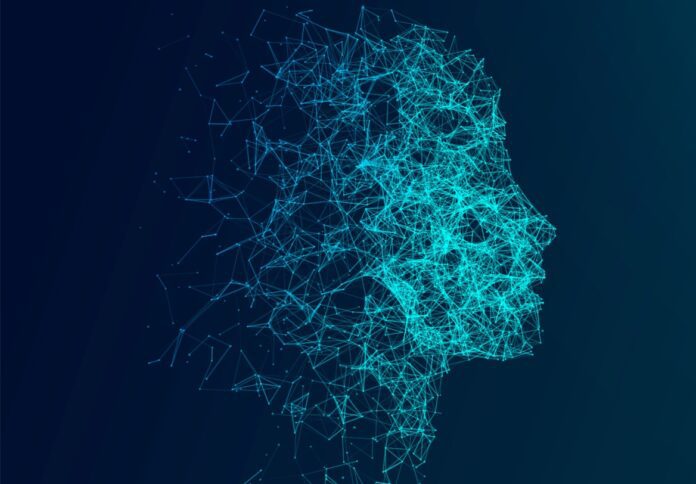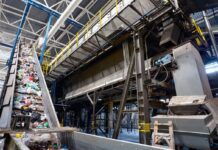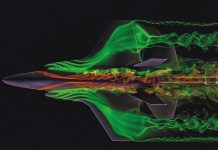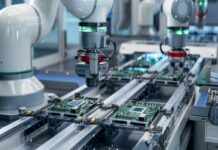
Australian health technology company Diag-Nose.io has secured $3 million in federal funding to advance local manufacturing and clinical validation of an artificial intelligence-powered diagnostic platform designed to improve treatment of respiratory disease.
The funding, awarded under the Australian Government’s Cooperative Research Centres Projects (CRC-P) program, will support the development of RhinoMAP, an AI-driven biomarker platform that monitors and tracks conditions such as asthma, sinusitis and chronic obstructive pulmonary disease (COPD).
The total project value is $8.4 million, with contributions from partners including Monash University, Mater Research, ENT Clinic Melbourne, Manse Medical, Invetech, and Human Health, the health tech company said in a news release.
Eldin Rostom, CEO and Co-Founder of Diag-Nose.io, said existing tools often fail to give clinicians enough insight into treatment progress. “Current respiratory tools only tell half the story,” Rostom said.
“New drugs such as biologics are life-changing but are expensive and slow to show results, which often lead to clinical uncertainty, lower patient adherence, and sub-optimal use of healthcare resources.”
Diag-Nose.io said RhinoMAP uses protein biomarkers from nasal fluid samples, combined with patient-reported data, to provide a real-time picture of airway inflammation. Its AI algorithms are intended to give clinicians an earlier indication of whether treatments, particularly biologics, are effective.
“Our platform, RhinoMAP, is like a radar for the respiratory system,” Rostom said. “It reveals whether inflammation is escalating, stable, or resolving to help clinicians course-correct or stay the path with confidence, guided by the disease biology itself.”
Diag-Nose.io said the initiative will strengthen Australia’s diagnostic manufacturing sector, creating skilled jobs and expanding the nation’s capacity to supply locally made medical technologies.
Georgia Vidler, co-founder of Human Health, said the collaboration shows the importance of linking startups, researchers and government.
“This is a rare and powerful convergence of science, technology, and government; sectors that too often operate in isolation,” Vidler said.
“This partnership will demonstrate how coordinated national investment can turn research into real-world outcomes and elevate Australia’s role in global precision medicine.”




















